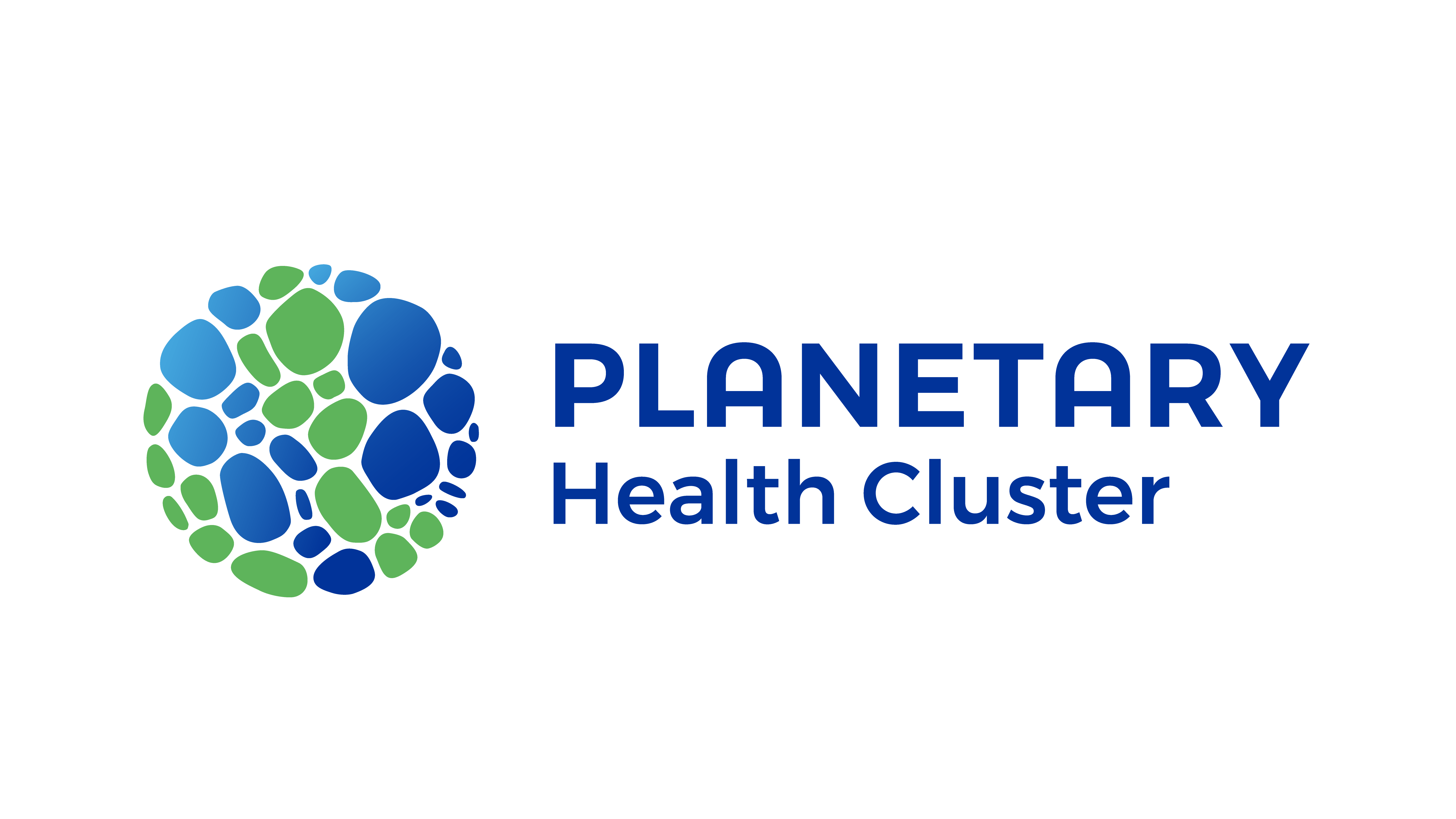PFAS in Food

Per- and polyfluoroalkyl substances (PFAS) are synthetic organic compounds with interesting chemical
properties. Among other uses, they are used in fire fighting foam for their thermal stability, in medical
and outdoor products for their lipophilic and hydrophobic properties (“lotus effect”), and in frying pans
for both these properties. These desirable properties come to a price: PFAS are very persistent and
therefore accumulate in the environment. And contrary to past belief that such inert substances cannot
be toxicologically relevant, health effects have been shown. There are restrictions on PFAS use, but they
are persistent and accumulate along the food chain.
From Engagement to Impact: The Power of Stakeholders in Greentech Innovation recap
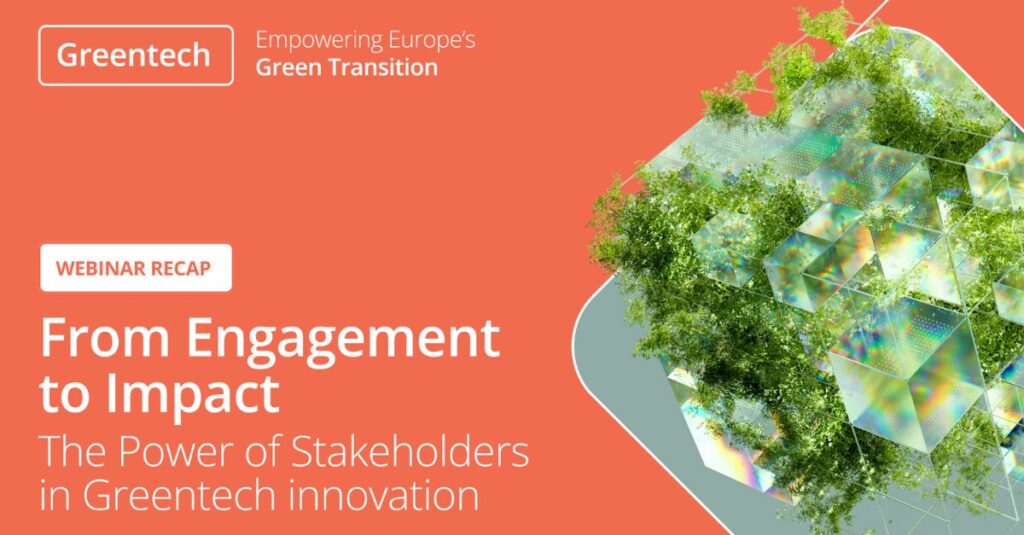
This webinar brought together leading voices from four EU-funded projects to discuss the role of stakeholder engagement in driving successful climate and health initiatives.
Planetary Health Cluster meets in Brussels to strengthen collaboration and drive policy impact
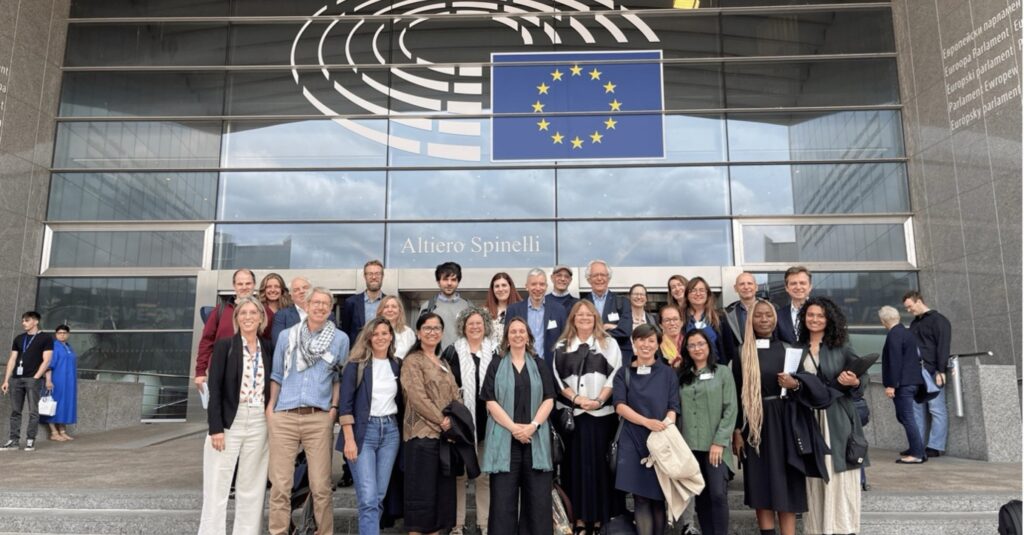
On 3 June 2025, the Planetary Health Cluster participated in a high-level event organised by the European Climate-Health Cluster at the European Parliament in Brussels. The event brought together leading researchers and decision-makers to address one of the most pressing challenges of our time: the intersection of climate change and public health. The roundtable discussion, titled Protecting Health in a Changing Climate, highlighted growing scientific evidence on climate-related health risks and called for coordinated and integrated action across Europe.
PLANET4HEALTH Drives Key Discussions at EGU25

The PLANET4HEALTH team was a prominent contributor at the EGU General Assembly 2025, actively engaging in vital discussions on climatechange and health. This highly successful event welcomed 20,984 registered attendees, of which 18,646 made their way to Vienna from 120 countries and 2,338 joined online from 104 countries. With 18,934 presentations given in 1,102 sessions, and 56% of abstracts identified as contributions from Early Career Scientists (ECS), EGU25 provided a significant platform for our work.
PLANET4HEALTH in National Geographic Spain: A Deep Dive into Leishmaniasis Prevention
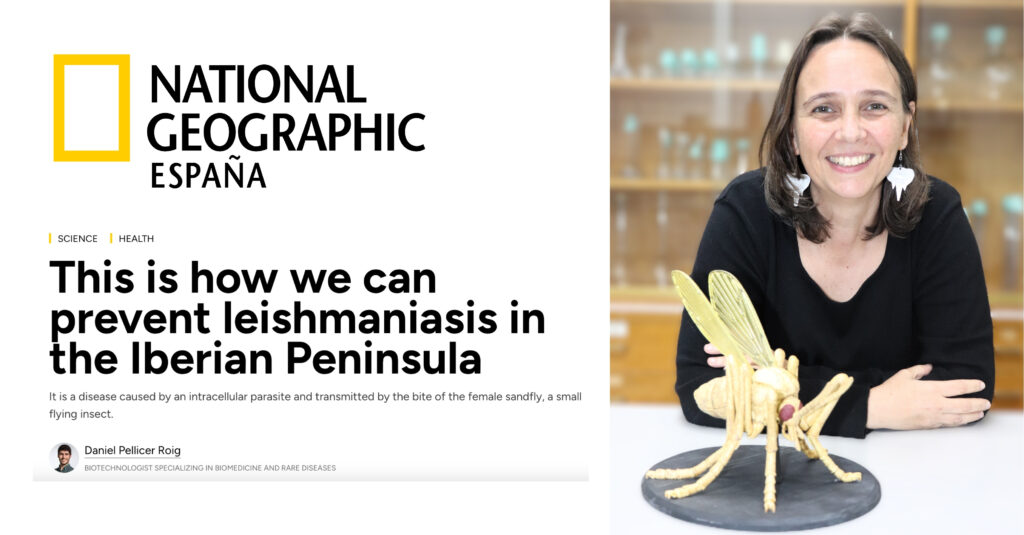
The PLANET4HEALTH project recently received notable recognition: our work is featured in a compelling article by National Geographic Spain. Journalist Daniel Pellicer Roig, a biotechnologist specialising in biomedicine and rare diseases, penned this insightful piece, highlighting the critical issue of leishmaniasis prevention and how projects like PLANET4HEALTH, driven by experts including our partners Carla Maia from NOVA University Lisbon and Suzana Blesic from the Institute for Medical Research, are contributing to real-world solutions.
Consortium Meeting in Belgrade

The PLANET4HEALTH consortium gathered in Belgrade on March 10-11 for a long-awaited in-person meeting, held over a year after our initial kick-off meeting. The meeting was hosted by our partners from the Institute for Medical Research (IMR), who made sure we felt at home in Belgrade.
Reflecting on the First Year of PLANET4HEALTH: A Year of Progress and Collaboration
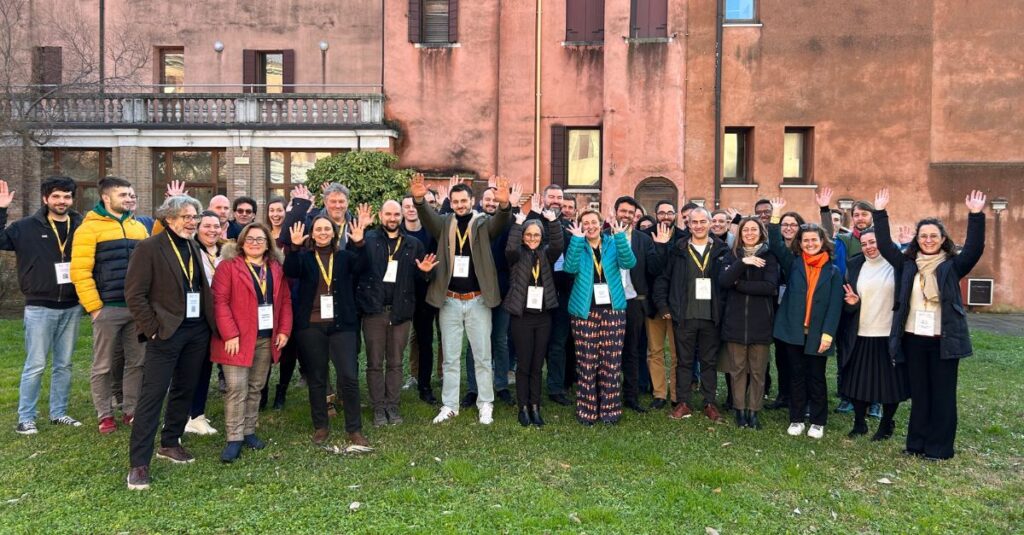
During 2024 PLANET4HEALTH project made significant progress in addressing the
environmental impacts on human, animal, and ecosystem health. With important
milestones achieved, there is much to look forward to as the project continues into 2025.
Why Climate Change is a Human Health Concern?

Climate change is not only about rising global temperatures, which have significant environmental impacts, but also about how human health is adversely affected.
Highlights from the First 10 Months of PLANET4HEALTH Journey
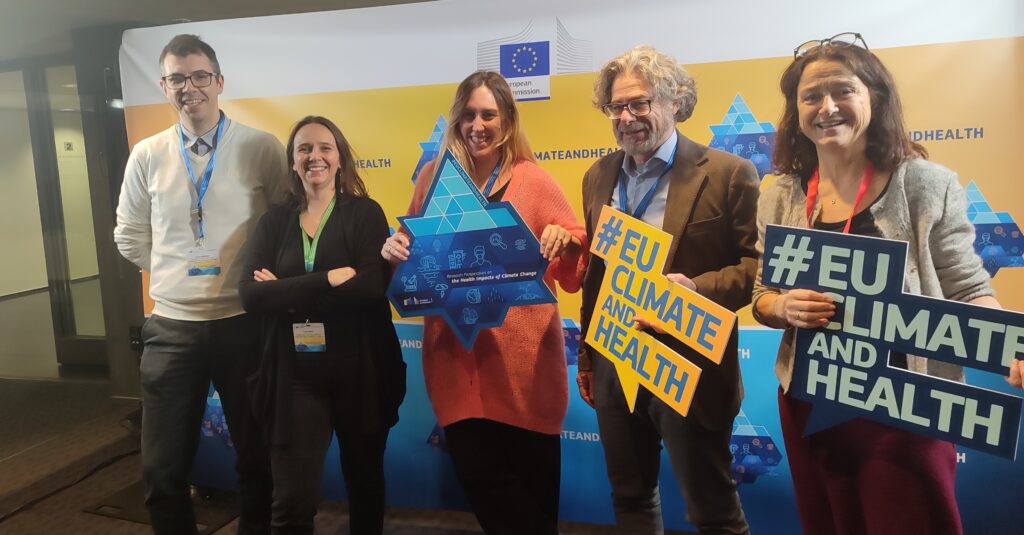
PLANET4HEALTH dedicated team has been actively driving progress in alignment with
mission of the project, engaging in impactful events to raise awareness about
sustainable Planetary Health.
Meet our Partners: Predictia Intelligent Data Solutions

With over a decade and a half of experience in cutting-edge data management, Predictia, a spin-off company from the University of Cantabria (Spain), continues to embody its original research & development spirit. The company focuses on climate data management, modeling, and visualization, leveraging state-of-the-art AI techniques. Its expertise in developing web-based custom products and its use of advanced technologies contribute to providing flexible solutions to specific challenges. Predictia’s commitment to innovation is further demonstrated through its active participation in various EU projects, including PLANET4HEALTH.
